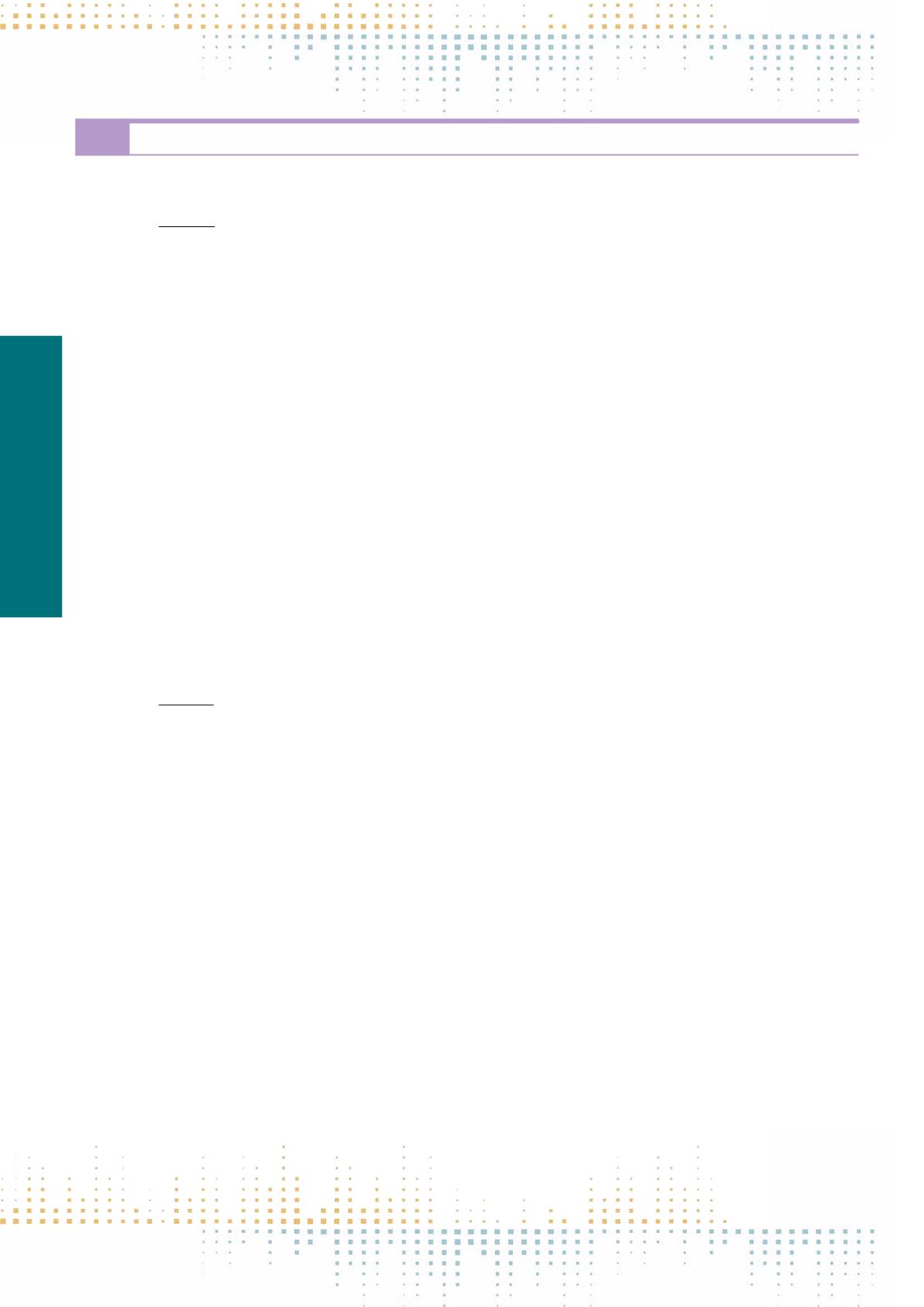

304
Friday, November 11
1 8 : 0 0 – 1 9 : 3 0
IIC03
Media, (Inter)National Politics and Identity
PP 483
Representations of Individuals in Discourses of Laïcité from Le Monde: Confirming or Challenging the Republican Framework
of Identity?
M. Sommier
1
1
University of Jyväskylä, Department of Communication, Jyväskylä, Finland
The notion of laïcité (i.e. the separation of Churches and State in France) has been increasingly depicted as a French exception since the 1990s. Findings from
previous studies have pointed out harmful implications of the pervasive connection between French national identity and laïcité by highlighting the risks
for minorities to feel excluded or pushed to choose between national and religious identifications. Thus, exploring the notion of identity within the French
context and in relation to laïcité offers a relevant window to explore power dynamics circulating within society. This study examines ways in which laïcité
and identity are interwoven by exploring who is represented (and how) in newspaper articles from Le Monde dealing with laïcité. This study is informed
by critical intercultural communication scholarship, intersectionality, and a Foucaultian approach to discourse. This critical discursive framework aims at
identifying normalized identity categories and questioning the power structures in which they are embedded. Specifically, this study poses the following
two questions: (i)Which identity categories are used in the selected articles from Le Monde about laïcité? (ii) How are these categories articulated with one
another and within the larger framework of laïcité? A selection of articles (N=239) published in the leading national newspaper Le Monde between 2011
and 2014 was collected for in-depth analysis. Le Monde was used for data collection because (i) it is recognized as a quality leading newspaper in France,
(ii) has a prominent status which gives its discourse visibility, and (iii) endeavors to be an active social actor. Data was analyzed using Qualitative Content
Analysis (QCA) which allows for in-depth inductive analysis. Articles were progressively coded by the author in order to identify statements providing
knowledge about laïcité and identity categories. In the light of previous research on secularism in France, this study was conducted with the assumption
that representations of Muslims and the ‘expected attribute’of the veil would punctuate discourses of laïcité. The salience of the category ‘Muslim’was con‑
firmed through data but suggested tensions which hinted at mediated (dis)continuities regarding the republican notion of identity. Results suggested that
the republican framework which supports uniformity was challenged on several occasions in data and potentially re-negotiated to mirror more complex
and hybrid everyday life experiences. However, different connotations attached to secular and religious identity categories in data indicated gaps between
individuals, especially between those belonging to the secular imagined community and those positioned outside of it. Intersections between values
embedded in ‘universal feminism’ and the secularization paradigm may have contributed to maintain representations of an imagined community whose
expected attributes are those of modern secular individuals. Findings highlighted the use of hyphenated-like identities and suggested the emergence
of new discursive spaces to address religious practices and identities from a more liquid stance than that allowed by the republican universal framework in
which laïcité is embedded. These findings also echo previous studies about the media identity of Le Monde as an active and vocal actor in the public sphere.
PP 484
The Influence of Intercultural Communication on Democracy in the Southwestern Anatolia: The Case of Muğla Province
A. Gençoğlu
1
1
Gazi University Faculty of Communication, Radio- Television and Cinema, Ankara, Turkey
The purpose of this study is to investigate the influence of the intercultural communication between Muslims and non-Muslims living in the southwestern
Anatolia (particularly in Muğla Province) on the presence and the continuity of the democracy in this region. The social and the political atmospheres in Tur‑
key have been dominated by Political Islam, massively supported by conservative and nationalist majority since the beginning of the 2000s. Although most
of theTurkish citizens in the southwestern Anatolia adopt both of the hegemonic Islamic position (Hanafi school of Sunni Islam) and national identity (Turk‑
ish), which are also supported by the government, they have demonstrated the lowest level of popular support for the party in power in both of the general
and the local elections. This region is the stronghold of the secular-nationalist main opposition party, and also hosts a significant number of foreign-born
residents - more than any other region except the metropolises. This shows that Muslim-Turkish people in this region, in comparison with other regions in
the country, have been developing more liberal and moderate attitudes towards foreigners. One of reasons of this tendency is based on the characteristic
of the communication, which has been showing (dis)continuities in the history, between Muslims and non-Muslims.This study puts forth how this commu‑
nication has developed during the course of history, and what kind of characteristics it displays today. In order to elaborate a historical perspective, firstly,
characteristics of the communication between Muslims and non-Muslims (Romans, Jews and Levantines) during the last period of the Ottoman Rule and
the early Republican era are pictured, by using some historical studies, memoirs and oral history method. This period of time includes very important social
and political events including ethnic and national conflicts such as World War I, the Greco-Turkish War of 1919–1922, Exchange of Populations between
Greece and Turkey, World War II, and the emergence of Cyprus as an international issue. Secondly, characteristics of the communication between Turkish
people and the foreigners in post-1980’s period, in which the region’s popularity has been rising as a center of the international tourism, are presented.
Finally, Turkish youth’s views and knowledge about the communication between Muslims and non-Muslims in the last period of the Ottoman Rule and
the Early Republican Era are analyzed. Hence, it is asserted that, intercultural communication has an influence on not only democracy and liberal atmo‑
sphere in the region, but also continuities, discontinuities and transformations of images of non-Muslims in the collective memory of the Turkish people.



















